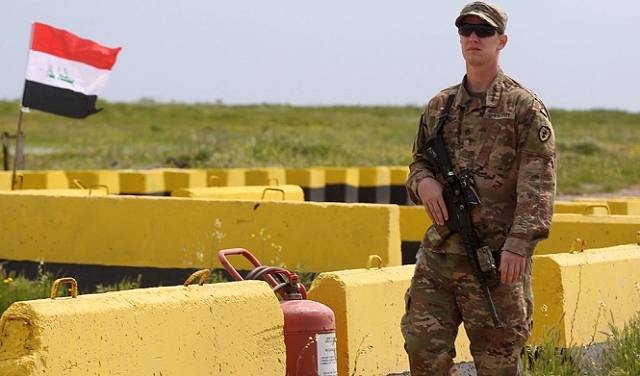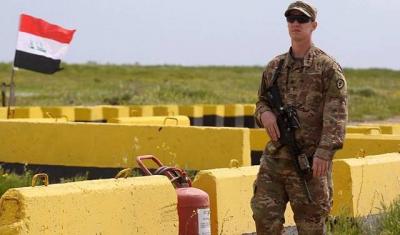A member of the parliamentary Security and Defense Committee in Iraq, Hussein Al-Amiri, confirmed on Monday that an increase in ISIS activity following the end of the international coalition's presence is expected. Al-Amiri stated to "Baghdad Today" that "the rise in activity of the ISIS terrorist organization with the cessation of the international coalition's presence is expected," indicating that "this aims to justify keeping foreign troops in Iraq longer, under the pretext of security needs and the failure to eliminate ISIS."
Al-Amiri noted that "various security agencies need to strengthen their measures, especially the intelligence activities, to counter any terrorist threats that some may seek to activate to disrupt efforts aimed at concluding the international coalition's tasks and removing all foreign forces." He emphasized that "Iraq does not need any forces to defend its territory from the threat of terrorism."
In a commentary on the parliamentary Security and Defense Committee's view of the impact of ending the international coalition's mission in Iraq on relations with the NATO mission in the forthcoming phase, committee member Yasser Watout stated in an interview with "Baghdad Today," that "the Iraqi government is determined, backed by significant political and parliamentary support, to conclude the international coalition's mission in Iraq in the upcoming phase, as there is no need for this coalition." He confirmed that "this will not affect Iraq's relationship with the NATO mission."
Watout pointed out that "the NATO mission is present in Iraq with the government's approval and knowledge; it came at an official Iraqi request, and its mission is limited to training and developing the combat capabilities of security forces," clarifying that "when the need for this mission ends, work will be done to conclude its tasks." He affirmed that "the mission has no military or security activities, unlike the actions of the international coalition, which has begun to threaten Iraq's security and stability."
National Security Advisor Qassem Al-Araji also confirmed that the termination of the international coalition's mission will not impact the relationship with the NATO mission in Iraq. A statement from the National Security Advisory received by "Baghdad Today" revealed that Al-Araji "received last week a delegation representing the North Atlantic Treaty Organization, including ambassadors from Germany, the Netherlands, and Italy in the alliance, in the presence of the Ambassador of the NATO mission in Iraq, Ronald Solimnaaz." The meeting discussed the development of cooperative relations between Iraq and NATO, particularly in training and enhancing the capabilities of the Iraqi forces.
Al-Araji emphasized that "the relationship between Iraq and NATO is important, fundamental, and strategic, enriched by years of joint cooperation and work with the Ministries of Defense and Interior," praising "the growing relationship with the alliance and what it has provided in terms of training opportunities to enhance the capacities of the Iraqi forces." He also noted that "Iraq is looking forward to further cooperation between the NATO mission and the Iraqi Ministries of Defense and Interior." Al-Araji clarified that "the conclusion of the international coalition's mission will not affect the relationship with the NATO mission in Iraq," stressing that "Prime Minister Muhammad Shiaa al-Sudani has instructed to meet all requirements of the security agencies."




